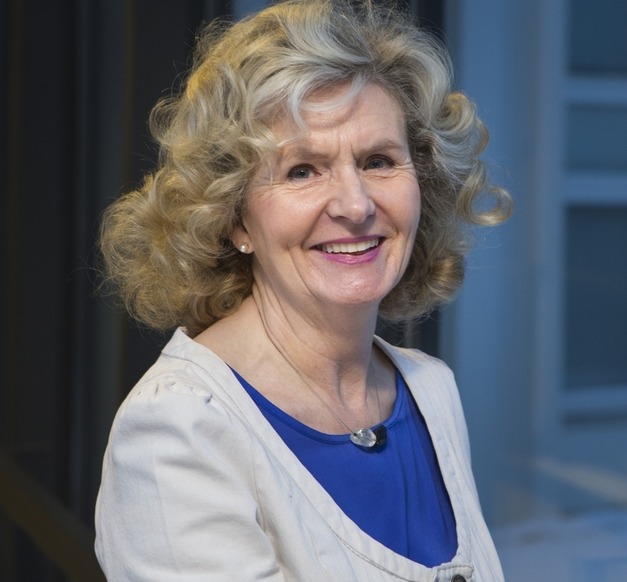Sigrún Aðalbjarnardóttir, professor at the Faculty of Education Studies
Our society is becoming ever more multicultural with regard to different nationalities, cultures and religions. This raises various complex and urgent questions, for example on democracy, human rights, education and what it means to be a citizen. We must prepare young people for these challenges, placing specific emphasis on increasing awareness of social justice and respect for diversity." So says Sigrún Aðalbjarnardóttir, professor at the Faculty of Education Studies, about her recent work on the research project "The Civil Consciousness of Young People in a Democratic Society".
Sigrún has been researching the social and moral development of children and young people for many years and says that her research on the civil consciousness of young people is a natural continuation of that. She points out that we need to find a better balance in our culture between the democratic value of freedom on the one hand and community on the other. "On this subject it is important to increase not only young people's awareness of their rights but also their sense of responsibility for other people and nature by developing their independence and agency as well as concern and empathy for others," she says.
Sigrún Aðalbjarnardóttir
"We hope that the results of the research will inspire parenting and teaching methods that encourage young people to look at issues from different sides, to debate, seek solutions and make an impact."

Sigrún has therefore, in collaboration with other researchers and postgraduate students, sought ideas from young people on democracy, human rights, civic participation and positive future measures for individuals and society.
Results on the attitudes of young people towards the rights of immigrants have already started to emerge. "They show that those young people who felt they had the opportunity at school to discuss matters from different sides and those who also felt that they were active in such discourse had more positive attitudes towards the rights of immigrants. So it is important to provide students with the chance to debate issues openly. Interviews with young people also revealed that most of them are concerned about the opportunities immigrants have in society, with emphasis on the importance of proficiency in Icelandic, that immigrants enjoy the same rights as those born in Iceland and that they do not face prejudice in society. Negative discourse on immigrants amongst young people, however, was characterised to a certain extent by opposition to and fear of changes in Icelandic culture, religion and society," says Sigrún.
Sigrún and her colleagues' research is the first of its kind here in Iceland and provides an opportunity for comparison with other countries that we can learn from. "We also hope that the results of the research will inspire parenting and teaching methods that encourage young people to look at issues from different sides, to debate, seek solutions and make an impact. In a broader context and looking to the future, we hope that through the participation of children and adolescents in democratic discourse on social issues, we will lay the foundation for a more open-minded and fair society," Sigrún concludes.


